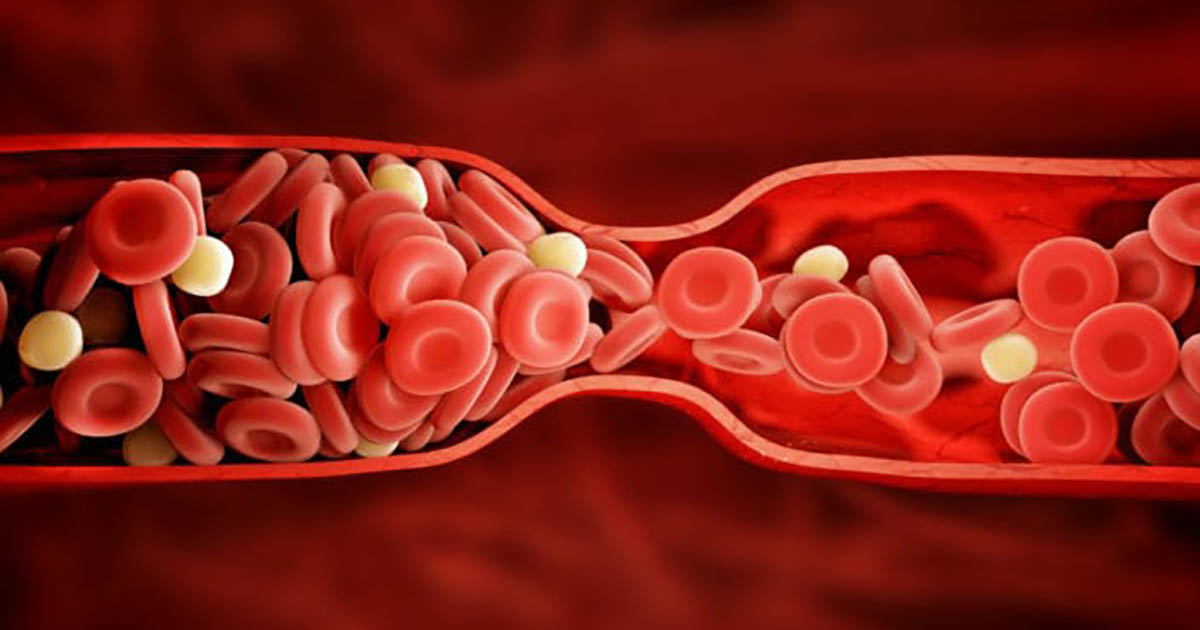Pancreatic Cancer: Look For These Signs Now
Pancreatic cancer can be deadly and often isn't easy to treat because it has metastasized too far by the time it is finally caught. This is why it is crucial to pay attention to the warning signs and address them as early as possible. Unfortunately, only about seven percent of individuals with pancreatic cancer survive longer than five years. With the pancreas being located so deeply within the body, warning signs tend to not be evident at first, which leads to a greater possibility of having a terminal case. Get to know these warning signs of pancreatic cancer now.
Abdominal Or Back Pain

The pancreas is located deep within the body, just below the liver. Tumors can grow in both the body and tail areas of the pancreas, and the larger they grow, the more pain they can cause in the abdomen. When pancreatic cancer spreads to the nerves surrounding the pancreas, pain can occur in the back as well. Since back and abdominal pain are both fairly common symptoms in many health conditions, other causes should be ruled out before pancreatic cancer is diagnosed. Other co-occurring symptoms of pancreatic cancer should be taken into consideration when addressing concerns with a doctor.
Get to know the next warning sign of pancreatic cancer now.
Unexpected Blood Clots

While blood clots certainly happen without the presence of cancer, an estimated one in five cancer patients will, at some point, develop a blood clot. The combination of a blood clot and cancer is known as cancer-associated thrombosis. Second only to the presence of cancer itself, blood clots are a leading cause of death in cancer patients. Individuals with pancreatic cancer are more likely to develop a blood clot than those with other types of cancer, so it is important for pancreatic cancer patients to avoid getting cancer-associated thrombosis by drinking fluids, quitting smoking, and getting enough exercise. If cancer-associated thrombosis does occur, quick treatment is vital.
Continue reading now to learn about more signs of pancreatic cancer.
